
A mother who feared she would lose her two sons born with a one in 40,000 condition has said “anything is possible” as one now appears destined to become an Olympic gymnast and the other studied astrophysics.
Riley Robertson-Browne, 16, and his brother Jordan, 28, were both born with severe combined immunodeficiency (SCID) – a group of rare, inherited disorders which cause major abnormalities of the immune system and affect just 14 babies per year in England, according to 2022 government statistics.
Jordan had chemotherapy followed by a bone marrow and stem cell transplant at nine months old, while Riley underwent a cord blood transplant – where stem cells are collected from the umbilical cord – when he was six weeks old.
Their mother Karen, 46, a teacher who lives in Luton with her husband Keith, 42, a senior robotics programme manager at Amazon global engineering, and two other children Kain, 17, and Izzy, 13, did not know whether Riley or Jordan would survive – and now she experiences “anxiety over hospitals”.
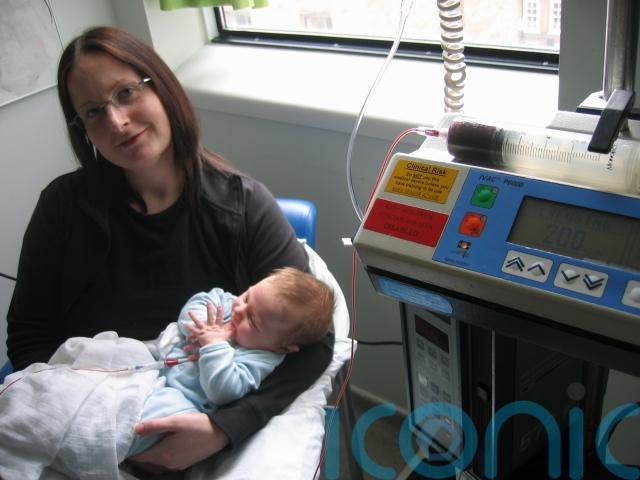
“You don’t know if they’re going to survive, you just have to keep going, no matter what emotion you’re feeling, and you’ve got to be strong for the family,” Karen told PA Real Life.
While Jordan’s journey to recovery was longer he has since gone on to study astrophysics at Hertfordshire University and is now a web developer, and for Riley, he has recently been selected as part of the England squad for men’s artistic gymnastics in his age category.
In March, Riley came seventh at the Gymnastics British Championships and has previously found himself in the same competition as Max Whitlock – a three-time Olympic champion for Great Britain who has been an “inspiration” to him.
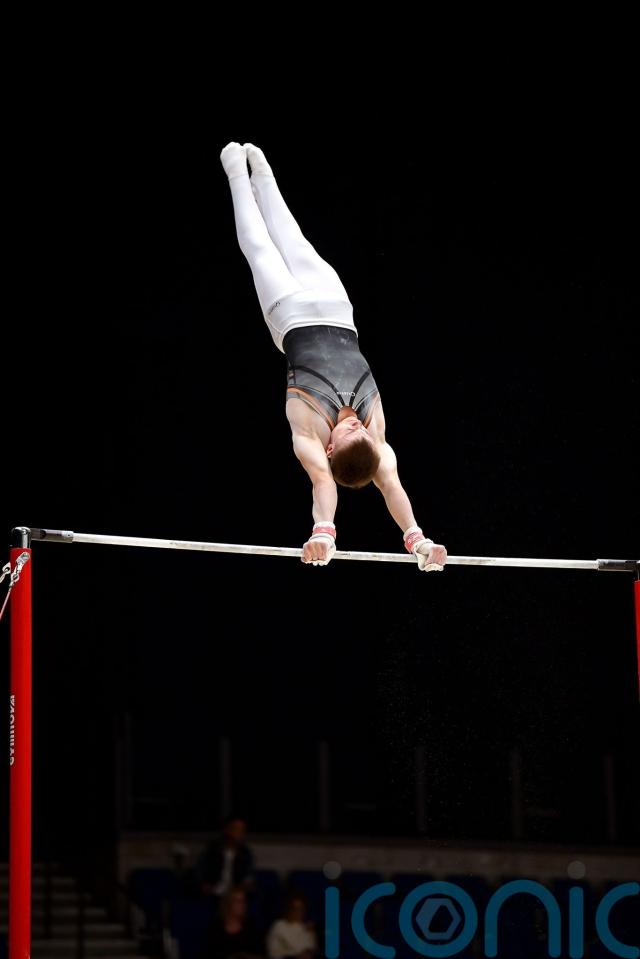
Riley, who is now taking a long-term antibiotic for SCID, aims to one day compete at the Olympics and wants to share the message that you can do “anything” you put your mind to.
“Just be confident in yourself – if someone can do it, anyone can do it,” he said.
“If I see someone else doing a new skill which I think is amazing, I’ll tell myself, well, why can’t I?
“So if there’s a person who you look up to, or a sport which you look up to, why not you?”
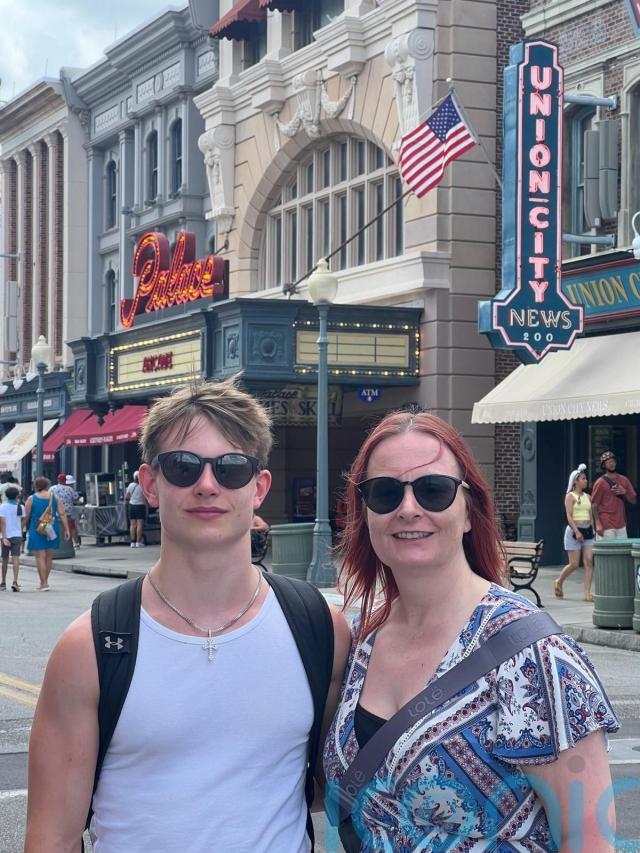
Karen added: “I thought my children would die, I thought they would be having disadvantages for the rest of their lives.
“My advice would just be that it’s possible for your children to achieve anything – obviously there might be limits, but like Riley said, anything is possible.”
Karen believes SCID has “been in (her) family for generations” as relatives, including her brother, have died of the disorder and her first son Jordan was diagnosed with SCID at three months old.
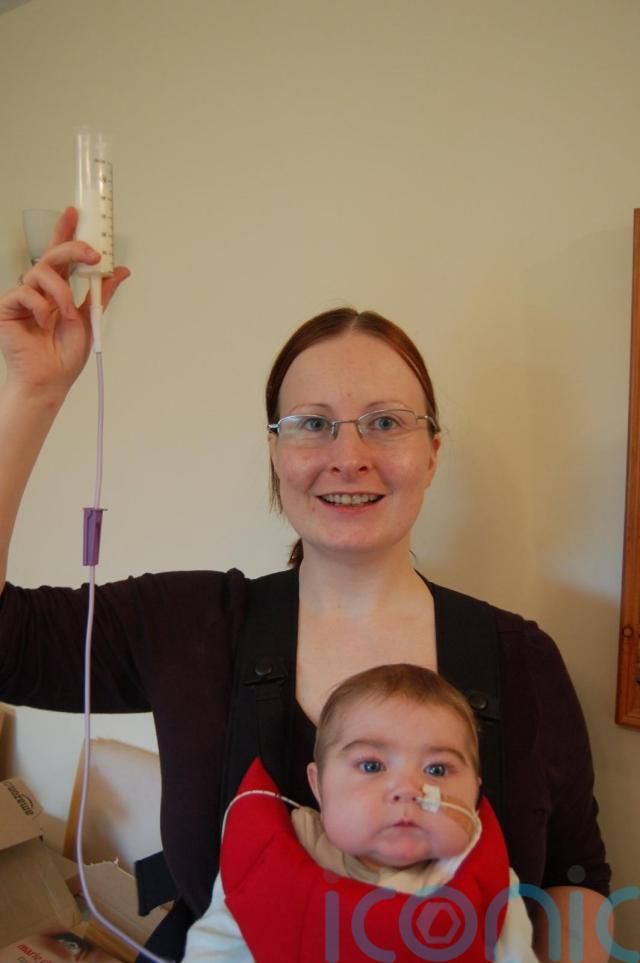
Jordan underwent chemotherapy before having a bone marrow and stem cell transplant at nine months old at Great Ormond Street Hospital (GOSH) – and Karen said “he’s the first child in our family to survive”.
He has since gone on to study astrophysics and is now doing “really well”.
According to GOSH, the immune system abnormalities in SCID lead to greatly increased risks of infection and other complications that are life-threatening.
After having her second son Kain, Karen became pregnant with Riley and found out that he had SCID following chorionic villus sampling (CVS), which checks cells from the placenta.
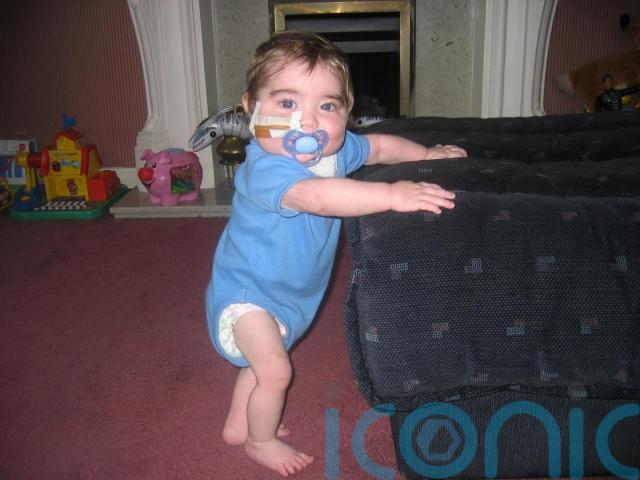
She said: “When he was born, doctors had already found another cord blood match donor for him, and he had his transplant when he was only six weeks old, which is incredible.
“It was a success to begin with, but then he started to reject it and got very, very sick.”
Karen said Riley developed infections and he needed to be tube fed, and the family spent “repeated periods of time with him in isolation” at GOSH over the following two years.
“It was incredibly hard because I’d already been through all of this with Jordan, so I thought, this is it, we’re just in for months and months, possibly years, of being in and out of hospital,” Karen said.
“Ultimately, at the end of the day, you don’t know whether your child’s going to survive.”
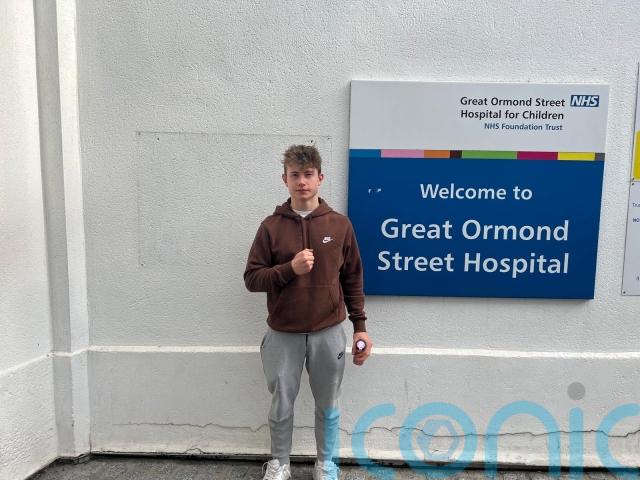
Despite experiencing complications and further infections, Riley’s health gradually started to improve, and he started participating in gymnastics at the age of four.
His love for the sport developed after watching his brother Kain in gymnastics classes.
“I would sit upstairs, trying to do handstands and roly–polies under the table, and my parents eventually thought they should put all this good energy to use, and they put me into the sport,” Riley said.
“One of my coaches saw the talent in me and she put me into the squad – and after that, I just kept moving up and up.”
Riley started at SALTO Gymnastics Charitable Foundation in Luton but now attends Marriotts Gymnastics Club in Stevenage, where he trains for around 20 hours every week.
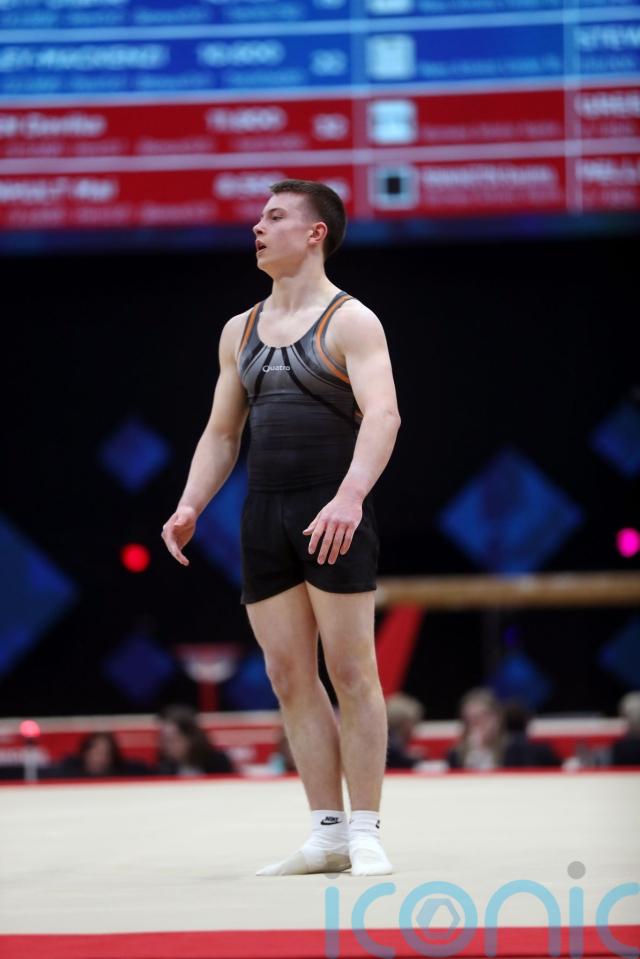
He particularly enjoys tumbling and described himself as “fearless, determined, and powerful”, but explained that the sport is “more mental than physical”.
His highlights include going from coming last to winning the same competition one year later and being presented with a medal by his sporting hero Max Whitlock.
Describing meeting Whitlock, Riley said: “He was very kind and he always had a smile on his face when he was talking to the younger gymnasts, which was lovely.
“To see someone at such a high level in the sport be so humble, it was great to see.”
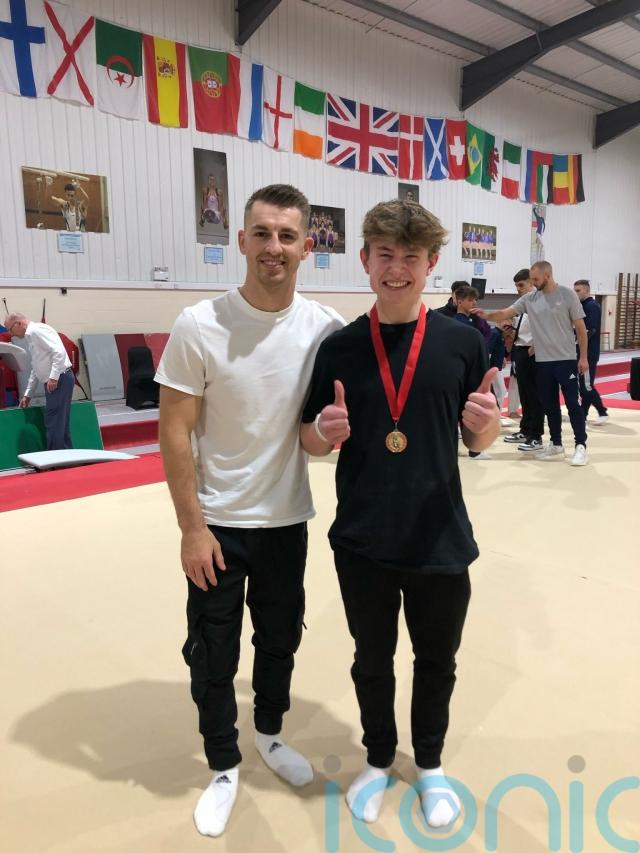
Riley said gymnastics “takes away all (his) worries” and, before a competition, he will have scrambled eggs and often watch videos of high-profile gymnasts performing.
Having recently been selected as part of the English squad for men’s artistic gymnastics in his age category, which Karen and Riley described as “incredible”, he is now aiming for the Olympics.
He said: “(My SCID diagnosis) has been challenging, but I just try not to let it stop me.
“The main aim is to go to the Olympics, but just to make myself proud really – to do something in the sport that will be long-lasting.”
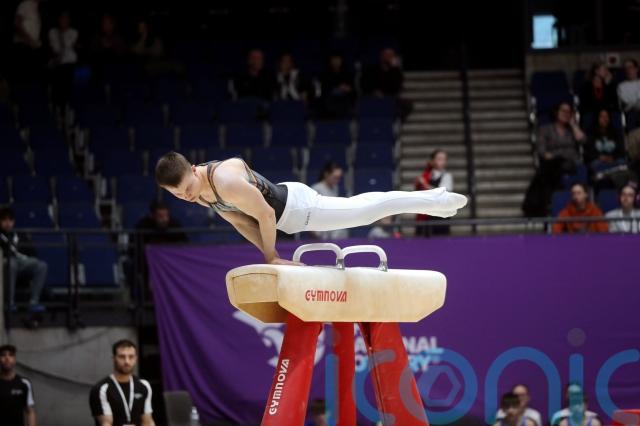
Speaking about how far Riley has come, Karen added: “It’s incredible to see what Riley has achieved.
“To see him doing what he’s doing – when I saw how weak he was, how he couldn’t eat properly, when there was so much uncertainty about whether he was even going to get through it – it’s almost like a dream.”
Great Ormond Street Hospital Charity is encouraging members of the public to take part in one of its fundraising challenge events, so it can help more children like Riley have the chance to fulfil their dreams.
To find out more, visit: gosh.org/get-involved/fundraising-events.
Subscribe or register today to discover more from DonegalLive.ie
Buy the e-paper of the Donegal Democrat, Donegal People's Press, Donegal Post and Inish Times here for instant access to Donegal's premier news titles.
Keep up with the latest news from Donegal with our daily newsletter featuring the most important stories of the day delivered to your inbox every evening at 5pm.